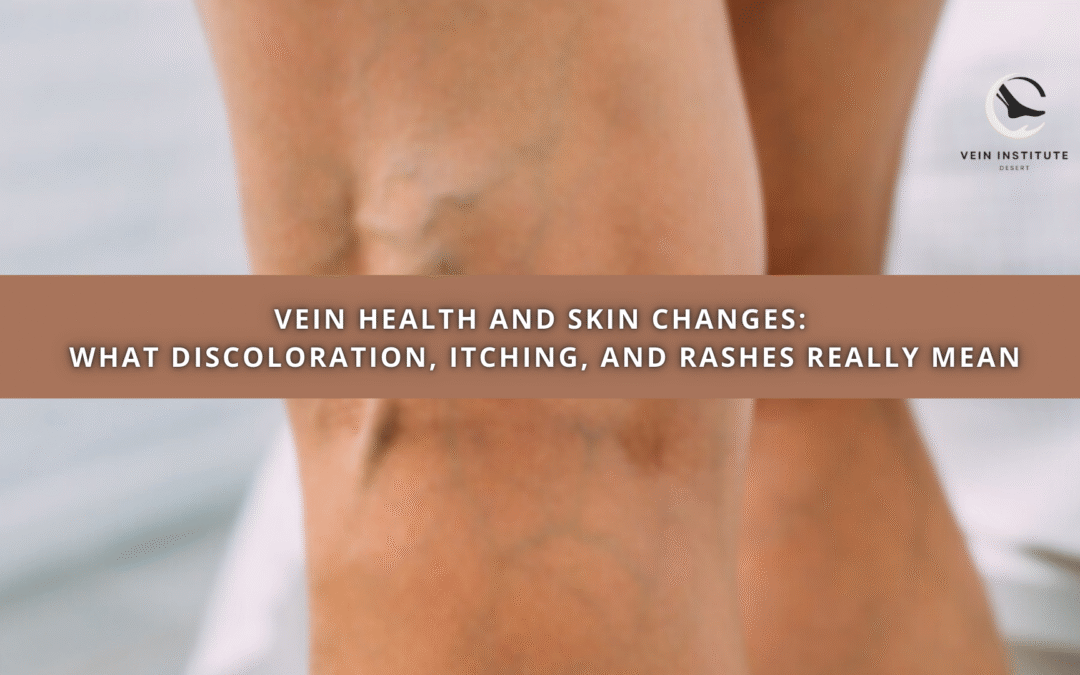Genetics and Vein Disease: What You Should Know
🧬 Why Genetics Matter More Than Lifestyle in Vein Disease
Vein disease is often thought to be the result of long hours of standing, pregnancy, or aging. While these factors play a role, research consistently shows that heredity is the leading driver. If one or both parents developed varicose or spider veins, the chances of their children experiencing the same problems can increase dramatically.
Genetic predisposition influences the strength of vein walls, the function of venous valves, and the efficiency of blood circulation. Even individuals with healthy habits—such as regular exercise and a balanced diet—may still struggle with vein issues if their family history points to weak vascular structures.
Studies suggest that genetics can account for as much as 80% of venous insufficiency cases. This explains why prevention alone is not always enough and why medical attention may be necessary earlier in life.
🩺 The Role of a Vein Specialist in Hereditary Conditions
A vein specialist approaches vein disease differently when heredity is a known factor. Instead of focusing only on current symptoms, the evaluation includes family history, early signs of circulation problems, and long-term risks.
For example, someone with a strong genetic background might develop varicose veins in their 20s, while another person with no such history may avoid them even after decades of occupational strain. Specialists use advanced imaging and diagnostic tools to detect early changes and recommend preventive strategies before symptoms worsen.
By consulting with an expert early, patients gain insight into their long-term vascular health and can make informed choices about monitoring and treatment.
⚕️ Benefits of Non Invasive Vein Treatment for Genetic Risks
When heredity plays a central role, modern medicine offers an advantage: early and effective non invasive vein treatment. Unlike traditional surgical procedures, today’s minimally invasive techniques are highly effective with minimal recovery time.
Options like sclerotherapy, radiofrequency ablation, and endovenous laser therapy target malfunctioning veins and redirect blood flow to healthier vessels. These approaches are particularly helpful for patients with genetic vulnerability, as they can slow disease progression and reduce the risk of complications such as chronic swelling or skin damage.
Because vein disease tends to worsen over time when it is inherited, patients benefit most when they act early instead of waiting until advanced stages develop.
💬 Why Scheduling a Vein Consultation Matters
A vein consultation is more than just an appointment—it is a proactive measure. During the consultation, physicians perform a detailed physical exam, review family history, and often use ultrasound to detect vein dysfunction invisible on the surface.
This allows the doctor to design a plan that combines preventive care, lifestyle adjustments, and when necessary, minimally invasive procedures. Patients with hereditary risks often feel relieved knowing they are not waiting for visible symptoms to worsen before addressing the condition.
Regular consultations help patients maintain an active lifestyle while keeping vein health under control, even when genetics are not in their favor.
🌴 Advanced Care for Vein Disease in Palm Desert
California residents dealing with hereditary vein problems can find expert care at The Vein Institute of the Desert in Palm Desert. The clinic provides advanced diagnostics and treatments designed for patients with genetic predispositions.
By combining professional expertise with state-of-the-art therapies, the institute helps patients manage risks effectively and maintain long-term vascular health. With a personalized approach, even those with strong family histories can reduce symptoms, protect circulation, and improve their quality of life.

Andy Sharify
The founder and owner of The Vein Institute of the Desert. He oversees the clinic, ensuring exceptional service and a patient-focused approach to vein care. Andy is dedicated to creating a comfortable and supportive environment for every patient.
